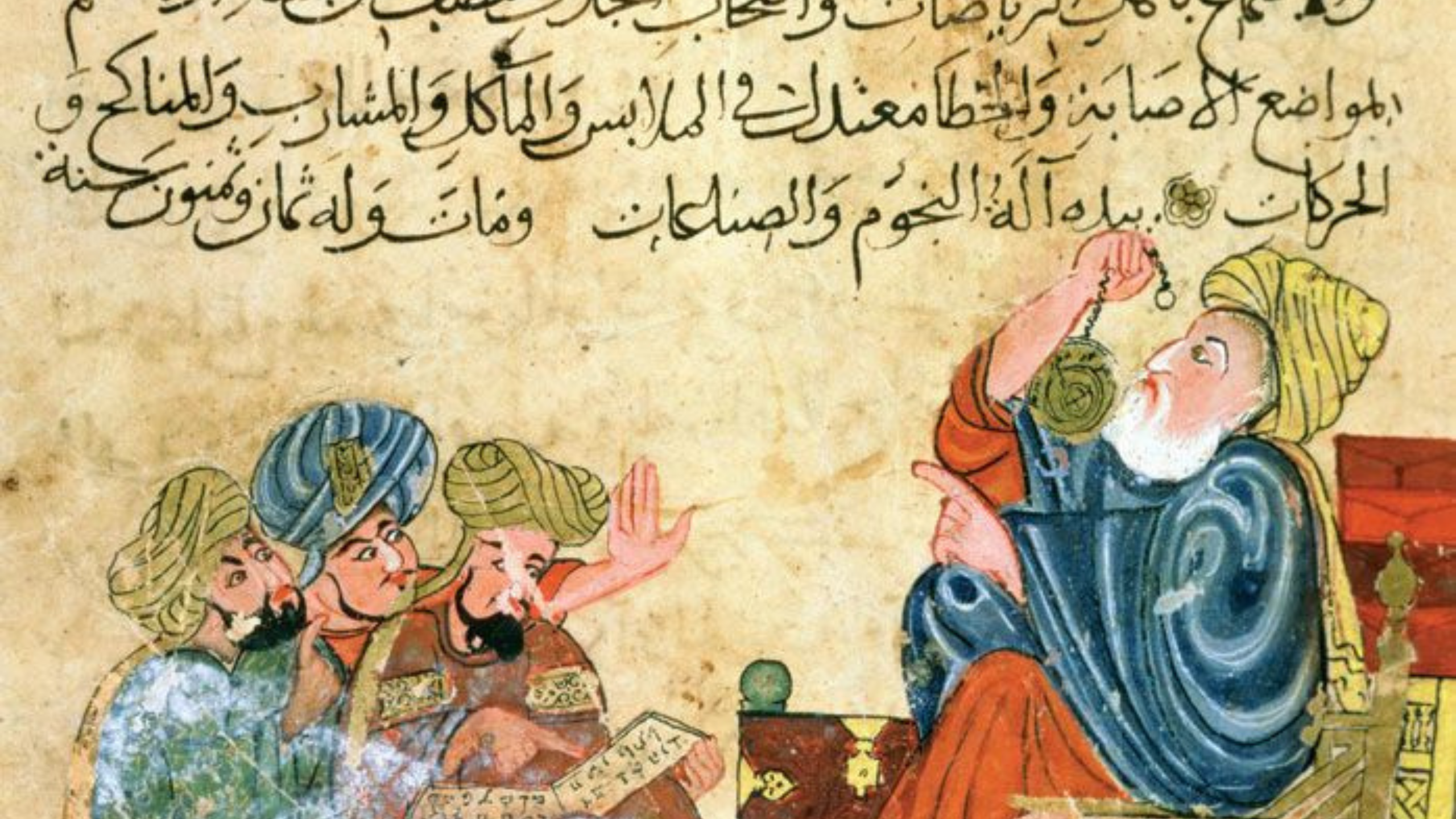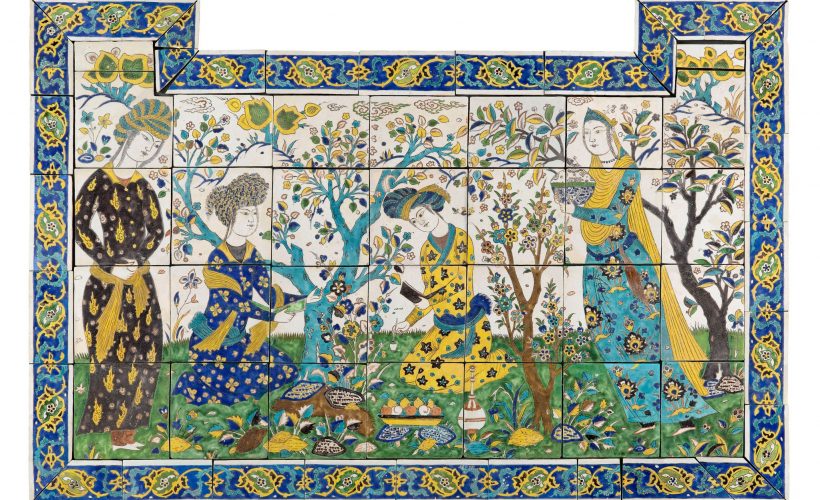History & Heritage
2.6.2024
Notable scientific contributions of the Arabs of the Middle Ages

The Islamic Golden Age was ushered in when many of the classical treatises of earlier civilisations were translated into Arabic. This marked the beginning of a golden age of scientific and intellectual learning and discovery in the region.
Optics
Ibn al-Haytham, known in the Western world as Alhazen, made foundational contributions to the field of optics through his landmark treatise, “Kitab al-Manazir” (Book of Optics). In this work, he advanced the theory of vision, elucidating the principle that light travels in straight lines. By systematically analyzing the behavior of light and the process of vision, Ibn al-Haytham’s insights paved the way for the subsequent development of critical optical devices, including lenses, magnifying glasses, and ultimately, the principles underlying the modern camera. His methodologies, emphasizing experimentation and empirical evidence, marked a significant departure from the speculative approaches of his predecessors, thereby laying the cornerstone for the scientific method in optical research.
Ḥasan Ibn al-Haytham was a medieval mathematician, astronomer, and physicist of the Islamic Golden Age from present-day Iraq. Referred to as "the father of modern optics", he made significant contributions to the principles of optics and visual perception in particular. pic.twitter.com/NPZdcm3uyv
— Oosh✨️ (@Oosh_7o) February 2, 2024
Chemistry
Jabir ibn Hayyan, often referred to as Geber in the Western world, is heralded as the father of chemistry for introducing foundational chemical processes such as distillation, crystallization, and filtration. His extensive corpus of writings, which encompass topics in chemistry, alchemy, and astrology, played a pivotal role in evolving the methodological approach to scientific inquiry within the discipline. Through his systematic exploration of chemical substances and their transformations, Jabir laid the groundwork for the modern scientific techniques in chemistry, significantly influencing both the theoretical and practical aspects of the field. His contributions extended beyond mere experimental procedures, fostering a tradition of empirical research and theoretical speculation that would define chemical science for centuries to come.
Mechanical Engineering
Al-Jazari, a distinguished mechanical engineer and inventor from the Islamic Golden Age, made significant strides in the field of mechanical engineering with his seminal work, “Book of Knowledge of Ingenious Mechanical Devices.” In this comprehensive text, he detailed fifty mechanical devices, providing explicit instructions for their construction. Among his notable inventions were various water clocks and automata, which demonstrated remarkable advancements in mechanical engineering for his era. Al-Jazari’s contributions were not merely technical but also conceptual, as he bridged the gap between theoretical mechanics and practical engineering applications. His work on automata, in particular, showcased an early understanding of programmable machines, positioning him as a pioneer in the fields of robotics and automated machinery. The precision and innovation evident in his designs reflect a sophisticated grasp of mechanical principles that were far ahead of his time, influencing subsequent generations of engineers and inventors.
View this post on Instagram
Surgery
Al-Zahrawi, also known as Abulcasis, significantly advanced the field of surgery through his seminal work, the “Kitab al-Tasrif.” This comprehensive 30-volume medical encyclopedia detailed numerous surgical procedures, treatments, and introduced over 200 surgical instruments, a considerable number of which were his own innovations. His contributions are profoundly influential, with several of the instruments he developed continuing to be utilized in modern surgical practice.
Social sciences
Ibn Khaldun, recognized for his work “Muqaddimah”, introduced a systematic approach to historiography and the study of society in the 14th century. This work is notable for its analysis of historical and social phenomena, where Ibn Khaldun emphasizes the roles of environmental, economic, and social factors in the development and decline of civilizations. His approach diverged from the then-common narrative and theological methods, focusing instead on patterns and causes in history, economy, and social structure. This contribution is seen as foundational in the fields of sociology, economics, and the modern understanding of history, highlighting his role in the methodological shift towards analyzing societal dynamics and historical processes.
View this post on Instagram
popular

